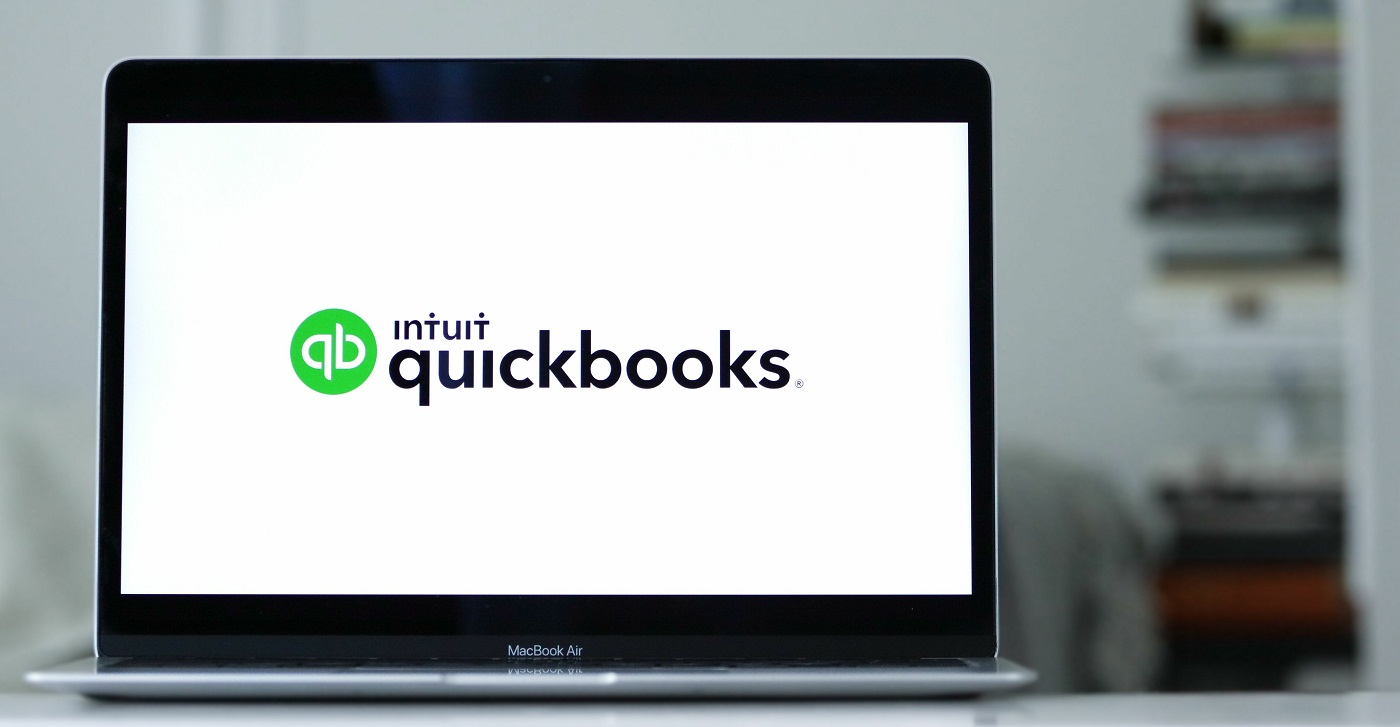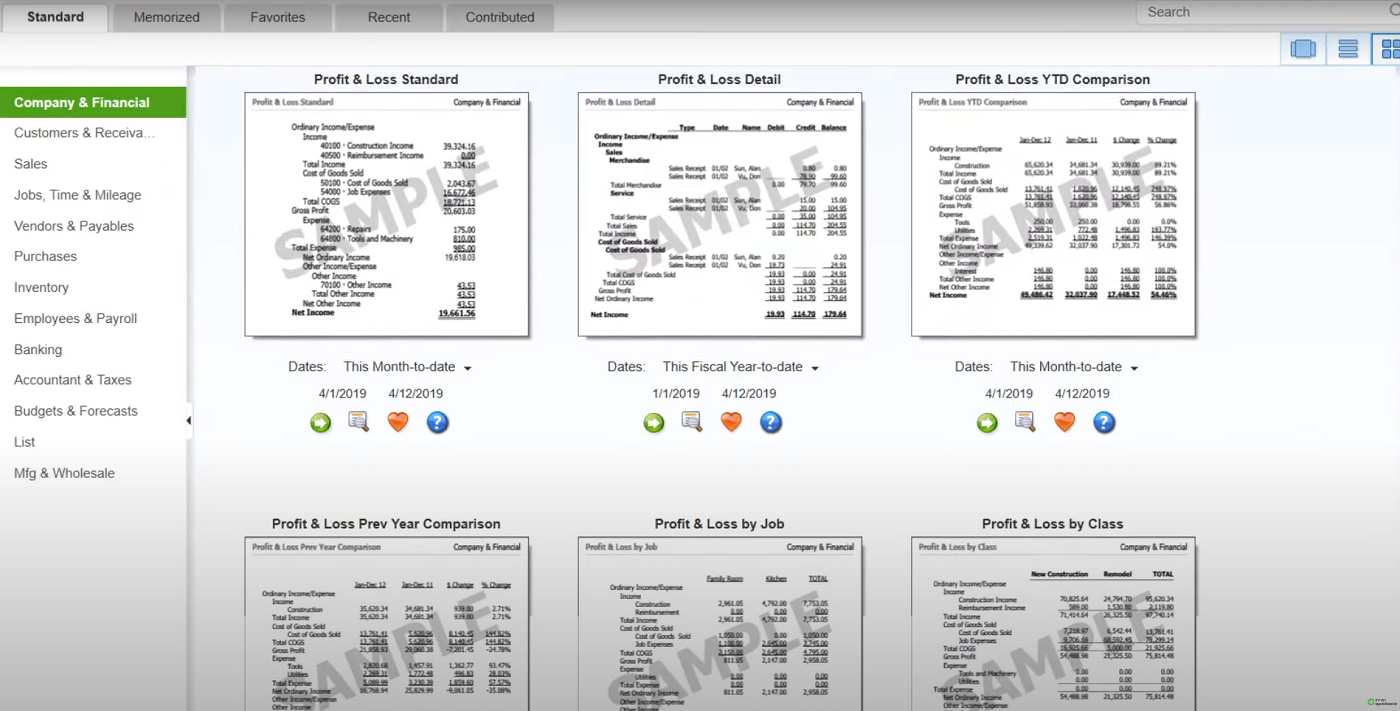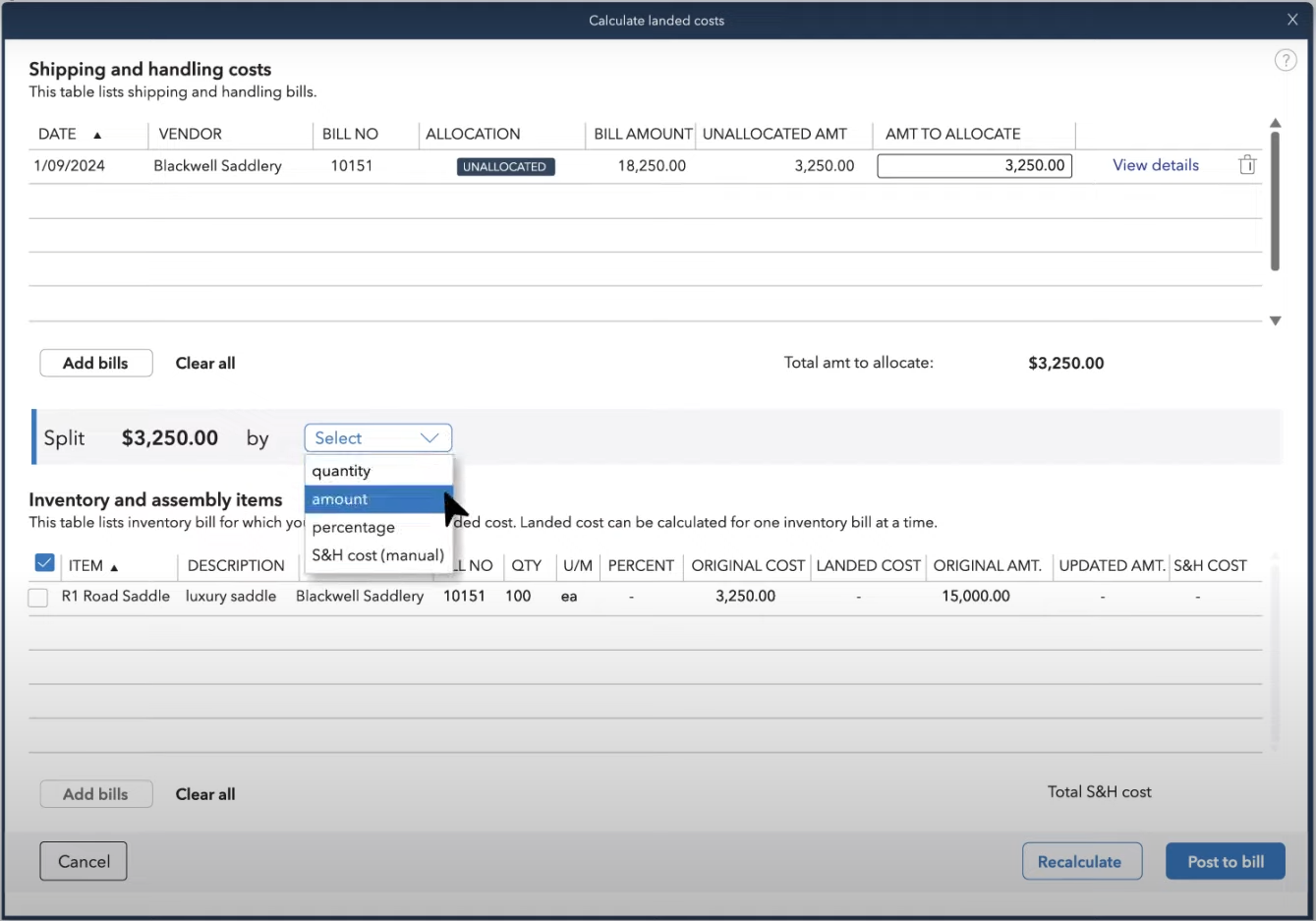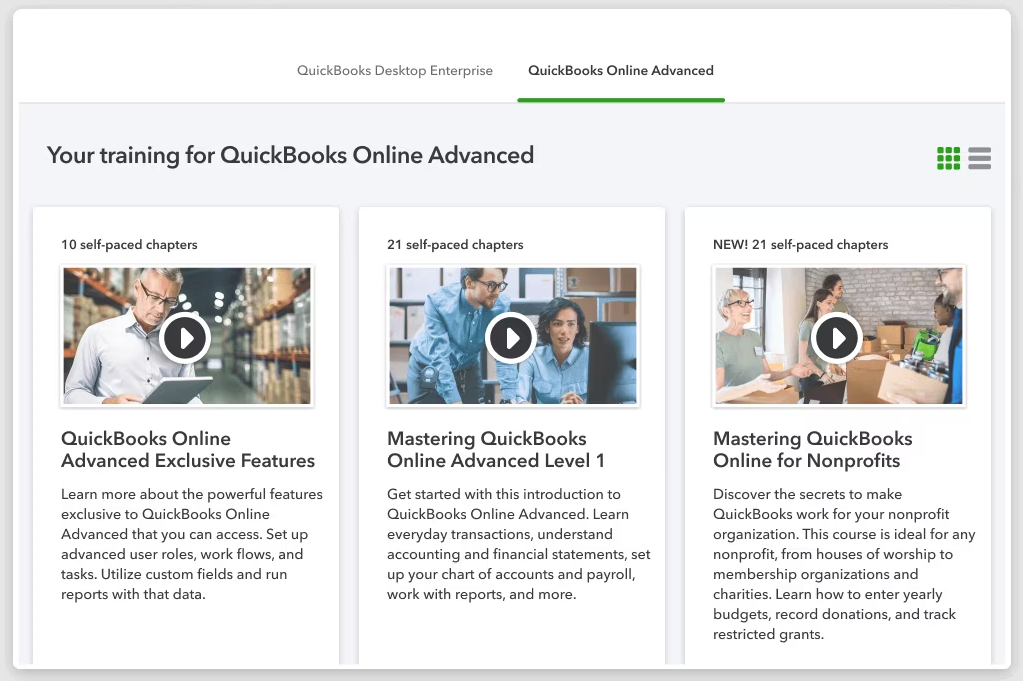
 technology
technology 
QuickBooks Desktop Enterprise fast factsOur rating: 4.5 out of 5 stars
|
QuickBooks Desktop Enterprise offers a more powerful accounting alternative to the popular QuickBooks Online. It’s stuffed with accounting features that bigger businesses need ― along with the support and education materials to help your business take advantage of your new software. Plus, businesses like contractors, manufacturers and wholesale retailers can get an extra boost with QuickBooks’s industry-tailored editions.
Still, QuickBooks isn’t as powerful as other enterprise accounting tools, so large businesses may prefer a more scalable alternative instead.
Jump to:
Intuit offers three QuickBooks Enterprise plans: Gold, Platinum and Diamond. So while the software starts at a little under $2,000 per year, your Quickbooks Desktop Enterprise cost will depend on how many features you need. Some features, like cloud access and payment processing, have extra fees above your plan cost.
Fortunately, QuickBooks offers a 30-day free trial, so you can test out all the features for yourself. Plus, QuickBooks Desktop Enterprise comes with a 60-day money-back guarantee.
For the cheapest QuickBooks Desktop Enterprise pricing, you’ll want the Gold plan. It starts at $1,830 per year, with annual billing only. (That may seem a little steep if you’re used to accounting software for small business, but it’s perfectly normal for enterprise software.)
You can have up to 30 users on your Gold plan, and you’ll get core QuickBooks features like built-in payroll and reporting. Even on this lowest-tier plan, you can use QuickBooks Enterprise Desktop to manage multiple companies.
The next tier up, Platinum, starts at $2,250 per year. Like the Gold plan, the QuickBooks Enterprise Platinum plan lets you add up to 30 users, and it gives you payroll and reporting.
Of course, Platinum gives you extra features too ― like automation through advanced inventory and advanced pricing. You also get workflow approvals for bills and purchase orders
$2,250 per year. Not all businesses will need these features, but manufacturing, retail and wholesale businesses will likely find them worth the extra cost over Gold.
For the most QuickBooks Enterprise features, you can pick the Diamond plan. This one starts at $4,400 per year, but unlike the other plans, it has monthly (rather than annual) billing.
This plan gives you extra automation features through assisted payroll. It also gives you the option to add time tracking and the Salesforce CRM Connector ― but keep in mind that these features have extra per-employee fees. So while this plan does offer the most features, it may be too pricey for most businesses.
As you might expect, QuickBooks Desktop Enterprise has a very comprehensive set of accounting features. So comprehensive, in fact, that it includes all the features we look for as we evaluate accounting software.
For instance, QuickBooks includes built-in payroll, so you won’t have to mess around with integrating with a different payroll software. It has a thorough set of ready-to-go reports, along with the ability to create new reports.

You’ll also find tools for receipt scanning, mileage tracking and payment acceptance ― not to mention tools for taxes, inventory and forecasting.
Plus, QuickBooks Desktop integrates with over 200 third-party apps, so you can add extra accounting functionality that way too.
Now, QuickBooks’s tools may not always be the most advanced. It offers some accounting automation, for example, but other software like NetSuite has far more powerful automation. Even so, the sheer breadth of features QuickBooks offers makes it a competitive enterprise accounting software.
Along with everyday accounting tools, QuickBooks Enterprise Desktop offers industry-specific editions with extra features. Accountants, contractors, manufacturers, non-profits, professional services and retail and wholesale businesses can all enjoy an industry-tailored QuickBooks experience.
Take the accountant edition. Along with the normal accounting tools, it offers accountant-specific features like version control and batch transactions — making it a great accounting software for multiple businesses. Or consider the wholesale edition, which lets you calculate landed cost, offers multi-location inventory and includes extra reports like open sales orders.

Likewise, a non-profit can save time by using nine tailored reports ― like contribution summaries ― instead of setting those up manually. And the professional services edition lets you analyze profitability by customer, geography and other factors, helping you make informed business decisions. It also eliminates the need for other software by allowing you to track customer prepayments and create customizable proposals.
These extra features elevate QuickBooks above one-size-fits-all accounting software. So if you happen to work in one of the supported industries, a specific edition of QuickBooks Desktop could save you time and fit seamlessly into your workflow.
Like any enterprise software, QuickBooks Desktop can feel overwhelming at first. But unlike full-fledged ERPs like NetSuite, QuickBooks still focuses on accessibility and ease of use ― which becomes apparent when you look at its extensive knowledge and support features.
For starters, all Enterprise plans come with QuickBooks Priority Circle. This premium customer support plan gives you 24/7 phone and chat help. It also includes perks like call-backs (to save you time) and screen sharing (to save you frustration), making it better than run-of-the-mill accounting support.
QuickBooks Priority Circle also gives you access to training courses and webinars, so you can learn best practices for QuickBooks Enterprise and accounting as a whole.

Throw in in-depth guides and demos, and you and your team should have no problem learning the ins and outs of QuickBooks. That makes QuickBooks Enterprise an accounting product you can actually use from the get-go ― which can make it more appealing than more complex options.
| QuickBooks Desktop | Sage | NetSuite | QuickBooks Online | |
|---|---|---|---|---|
| Cloud-based | No | Yes | Yes | Yes |
| Mobile app | Yes | No | Yes | Yes |
| Tax tools | Yes | No | Yes | Yes |

While QuickBooks Desktop is fairly user-friendly, it’s hard to beat the ease of using Sage Intacct. This enterprise accounting software features an AI-powered general ledger, which means you can get more work done with much less effort. Likewise, Sage Intacct has much more powerful automation tools than QuickBooks Desktop, so you can spend less time on repetitive tasks.
In other words, if you want to save time on day-to-day accounting, Sage Intacct offers more value than QuickBooks Desktop.

Oracle NetSuite is our favorite enterprise accounting software, beating out QuickBooks Enterprise and other competitors. While QuickBooks Desktop offers a full suite of accounting tools, Oracle NetSuite includes far more features in its ERP. Think customer management, ecommerce and more. So NetSuite can replace more of your software ― and scale to work for much larger businesses.
If you worry about QuickBooks Desktop having enough oomph for your business, NetSuite could be a better alternative.

If, on the other hand, you’re not sure you need all the tools QuickBooks Desktop includes, you may want to stick with a small-business accounting software like QuickBooks online. It tops our list of the best accounting apps thanks to its variety of plans, excellent invoicing tools and solid accounting tools. You don’t get all the power of QuickBooks Desktop, but QuickBooks Online costs much less ― and it includes features like cloud access at no extra cost.
That makes QuickBooks Online a good alternative for businesses that aren’t quite ready for QuickBooks Enterprise yet.
Our accounting software experts graded QuickBooks Enterprise on over 30 factors across five categories ― including pricing, accounting features, ease of use, customer experience and more. Then we used our standardized rubric to calculate how QuickBooks Desktop Enterprise compares to other enterprise and small-business accounting solutions.
24World Media does not take any responsibility of the information you see on this page. The content this page contains is from independent third-party content provider. If you have any concerns regarding the content, please free to write us here: contact@24worldmedia.com